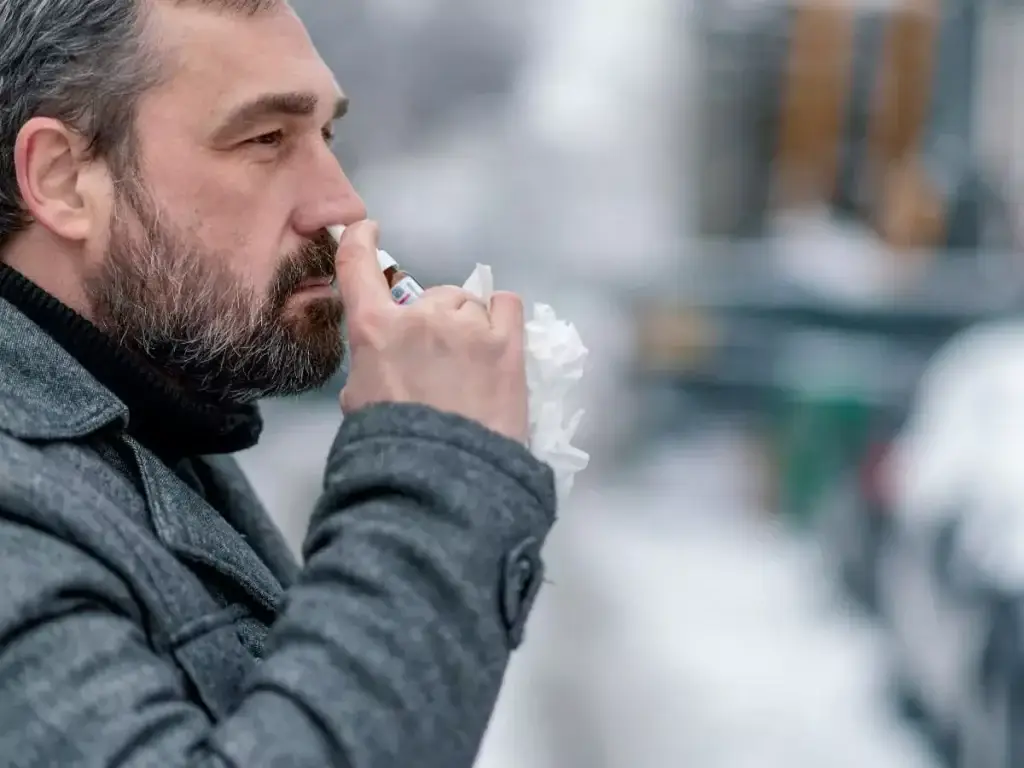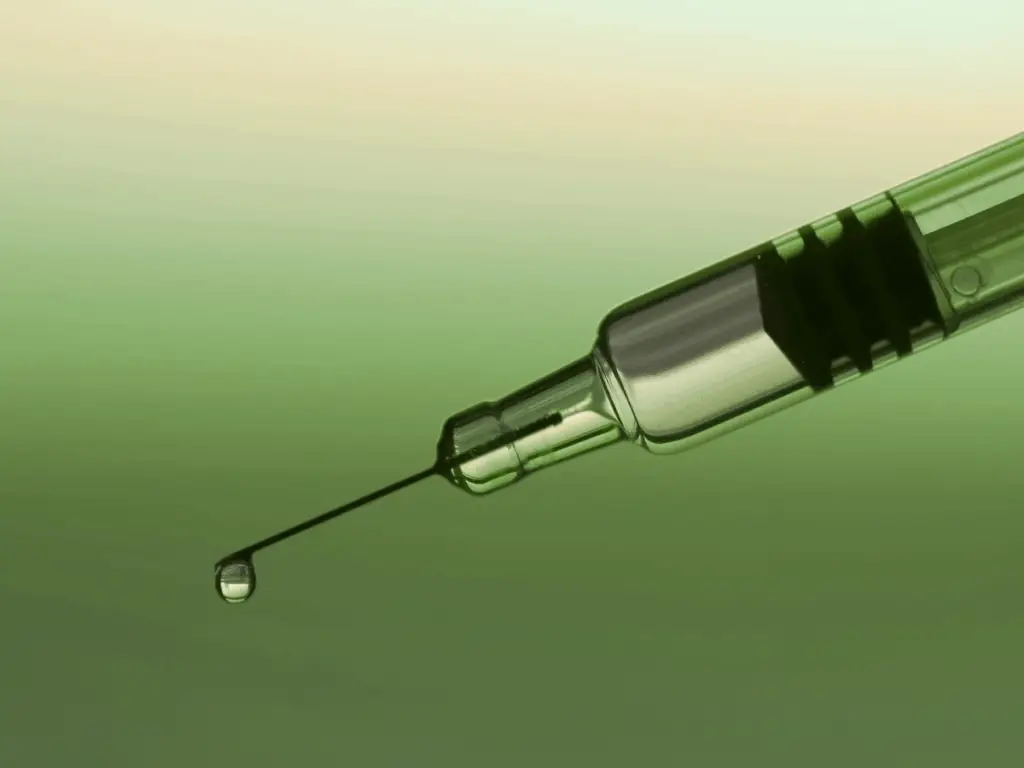
Your sinuses are open-air cavities in the facial area of your skull. They are connected to your nasal passages and heat and moisturize the air you breathe. They are vulnerable to different bacteria, allergens, and other pathogens because air constantly passes through your sinuses.
Sinuses usually efficiently deal with these outside elements, but sometimes, it can lead to infection.
Basically, sinusitis is when your sinuses become infected. Bacteria or other pathogens can irritate more severely than a casual allergic reaction. This leads to inflammation of the tissue lining, fluid buildup, and increased pressure in your sinuses.
For patients unresponsive to standard allergy sprays, compounding allows preservative-free formulations that exclude irritants like benzalkonium chloride.
Ingredients may include antihistamines, corticosteroids, or mast cell stabilizers tailored to individual sensitivities.
Yes.
Sterile saline rinses can be compounded without preservatives and enhanced with xylitol to disrupt biofilms. Budesonide is sometimes added for inflammation.
Absolutely!
We create custom nasal sprays combining antibiotics (like mupirocin), anti-inflammatories (like budesonide), and saline to target resistant infections deep in the sinuses.
Unlike one-size-fits-all options, our sprays penetrate better and avoid irritating preservatives.
Preservative-free budesonide rinses are compounded for chronic sinusitis, polyps, or eosinophilic esophagitis.
They deliver localized anti-inflammatory effects directly to mucous membranes, minimizing systemic absorption.
Prescriptions should specify:
It might not be a surprise, but common illnesses such as the flu and the cold can cause an infection in your sinuses. This is more common over the winter season.
During the spring season, nasal and seasonal allergies can cause sinusitis. Bacteria, viruses, fungal infections, and even tooth infections can cause sinusitis, but this is less common.
Sinusitis can cause irritating symptoms such as:
| Rhinitis | Sinusitis | |
|---|---|---|
| Causes | Normally due to allergens or allergic reactions | Sickness such as flu or cold |
| Mucus | Clear and runny | Thick green or yellow |
| Seasonal | Usually around springtime | No seasonal variation |
| Length of Time | As long as exposed | More acute because it is an infection |
Tobramycin is an antibiotic commonly used for sinusitis. It works by targeting the bacteria responsible for the sinus infection. This prevents the bacteria from reproducing, spreading, and worsening the condition.
Tobramycin is often administered using a nasal spray. This allows the patient to deliver the medicine directly into their sinuses and affected areas.
The medication can be used with other nasal corticosteroids or decongestants to reduce symptoms and inflammation.

Gentamicin is another antibiotic used to eliminate the bacteria causing the infection. It is essential to use antibacterial solutions as directed by doctors and pharmacists.
We don’t want bacteria to become resistant to the medication because of overuse. This medication must be compounded by a compounding pharmacy.

Sinusitis can sometimes happen due to a fungal infection. Amphotericin B is an antifungal medication used to combat fungal-based sinus infections. It is typically served for cases of severe or refractory fungal sinusitis.
This is also administered as a nasal spray. It is essential to avoid contact with the eyes as well as inhaling the solution. This could lead to irritation and discomfort.

We like to compound the above three medications into capsules using LoxaSperse as a base ingredient. Base ingredients in medication compounding help deliver the active ingredient when the patient uses the product.
LoxaSperse is designed specifically for nasal rinse solutions. It reduces particle size and increases solubility. This can help improve the delivery and absorption of the active ingredient.
The desired medication is compounded with Loxasperse into a capsule. The capsule’s contents are then dissolved in a nasal irrigation solution and used to rinse the nasal and sinus cavities.





